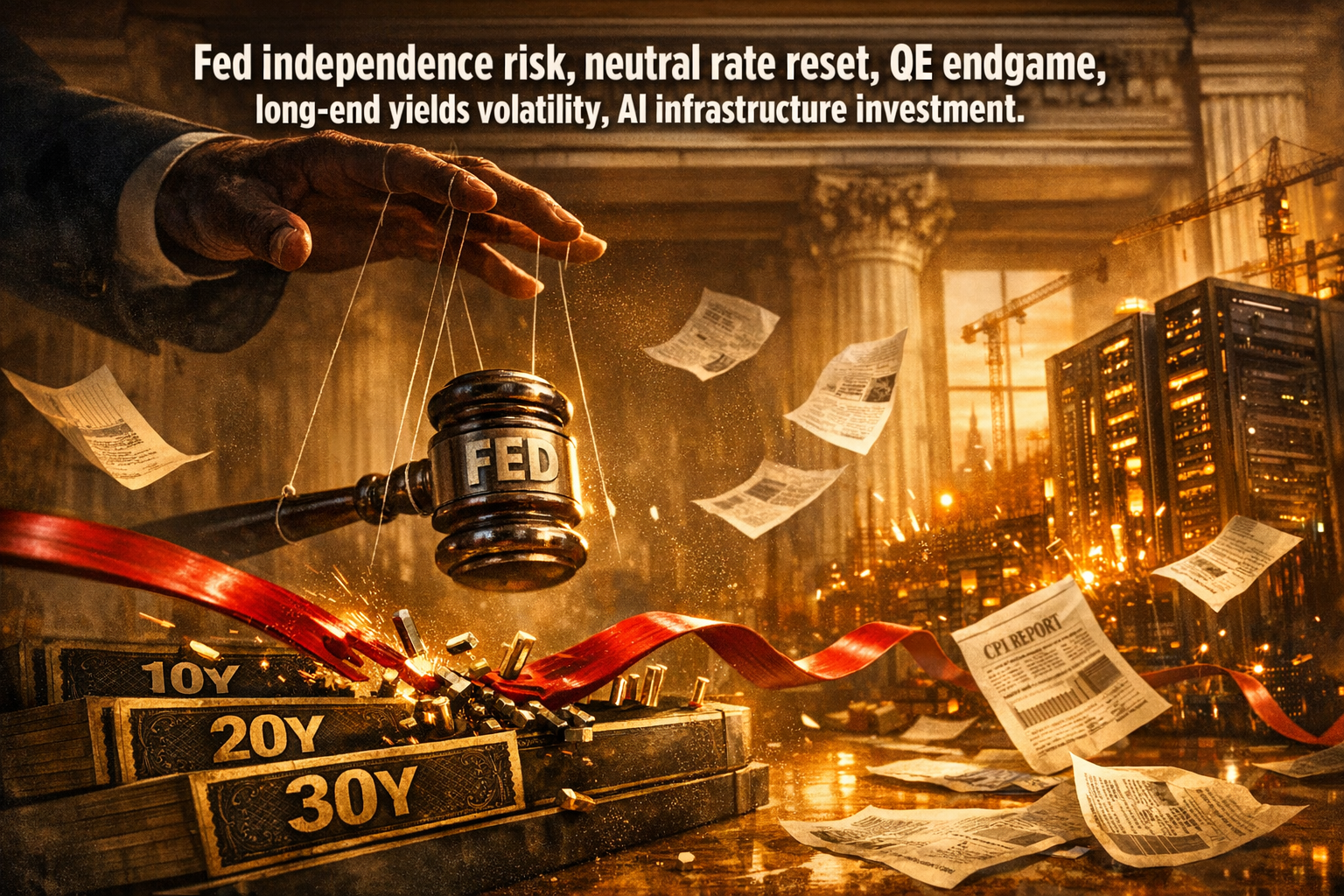● Europe, Stand on Your Own Two Feet!
The Crisis of the Transatlantic Alliance and the Intersection of Global Security, Economy, and Politics
1. Historical Background of the Transatlantic Alliance
The United States and Europe were allies during wartime.
It began with the signing of the Atlantic Charter by President Roosevelt and Prime Minister Churchill in 1941.
It was based on the principle of territorial changes only in accordance with the wishes of the people concerned, without border expansion.
This created a memory of the United States protecting and supporting European countries.
This era had significant implications in global aspects such as economy, international affairs, politics, and security.
2. Changes in the Relationship Between the United States and Europe and the Current Crisis
Recently, the United States has shown a tendency to reject the burden of supporting European security.
In particular, remarks reminiscent of President Trump are skeptical about the demand for increased defense spending by Europe.
From the U.S. perspective, there is a widespread perception that it has become difficult to continue providing massive support to Europe as in the past.
Europe, too, has maintained its security system under U.S. protection, but
It is now in a situation where it needs to seek its own defense spending increase and structural reorganization.
3. Changing U.S. Strategy and Internal European Turmoil
The United States is shifting from a past of interventionism to a diminishing direction.
The spirit of alliance based on traditional values and shared history is weakening.
As Wilsonianism and the spirit of the Atlantic Charter fade,
Political conflicts within Europe and the burden of defense spending are becoming more serious.
As the U.S.’s global status declines due to changes in economic structure such as finance and manufacturing,
There is also an analysis that its mediating role for Europe has weakened.
4. Future Prospects and Impact on International Affairs
The European Union is on the verge of division due to increasing defense spending burdens and internal conflicts.
The United States is turning its eyes away from traditional areas to Greenland, the Arctic, and more.
This will increase security risks and global instability across international politics and the economy.
In particular, the possibility of alternative forces such as China and Russia rising in international affairs is increasing.
Whether the U.S. and European alliance is re-established will determine the direction of the global economy and politics.
5. Summary and Key Takeaways
The Transatlantic Alliance is a historic alliance formed after World War II, with the United States protecting Europe.
The United States and Europe once cooperated closely, sharing common values and memories, but
Tensions have been rising recently due to the U.S.’s inward-looking attitude and Europe’s increasing demands for defense spending.
These changes will have various repercussions in global areas such as economy, international affairs, politics, and security.
In the future, the establishment of Europe’s independent defense system and the U.S.’s strategic realignment will be key.
Summary
The Transatlantic Alliance was formed based on shared memories and Wilsonianism from the war.
Recently, the U.S. is trying to reduce the burden of security support for Europe, and Europe has responded by increasing defense spending.
Changes in U.S. strategy and internal European conflicts are expected to have a major impact on the global economy, international affairs, politics, and security.
As the historical values and past security systems of both sides weaken, a period of new international order realignment has arrived.
(Economy, International Affairs, Global, Politics, Security)
[Related Articles…]
*Source : [최준영 박사의 지구본 연구소] 미국 돈으로 지켜온 평화, 이제는 유럽 알아서 해라! [지구본 뉴스룸]



